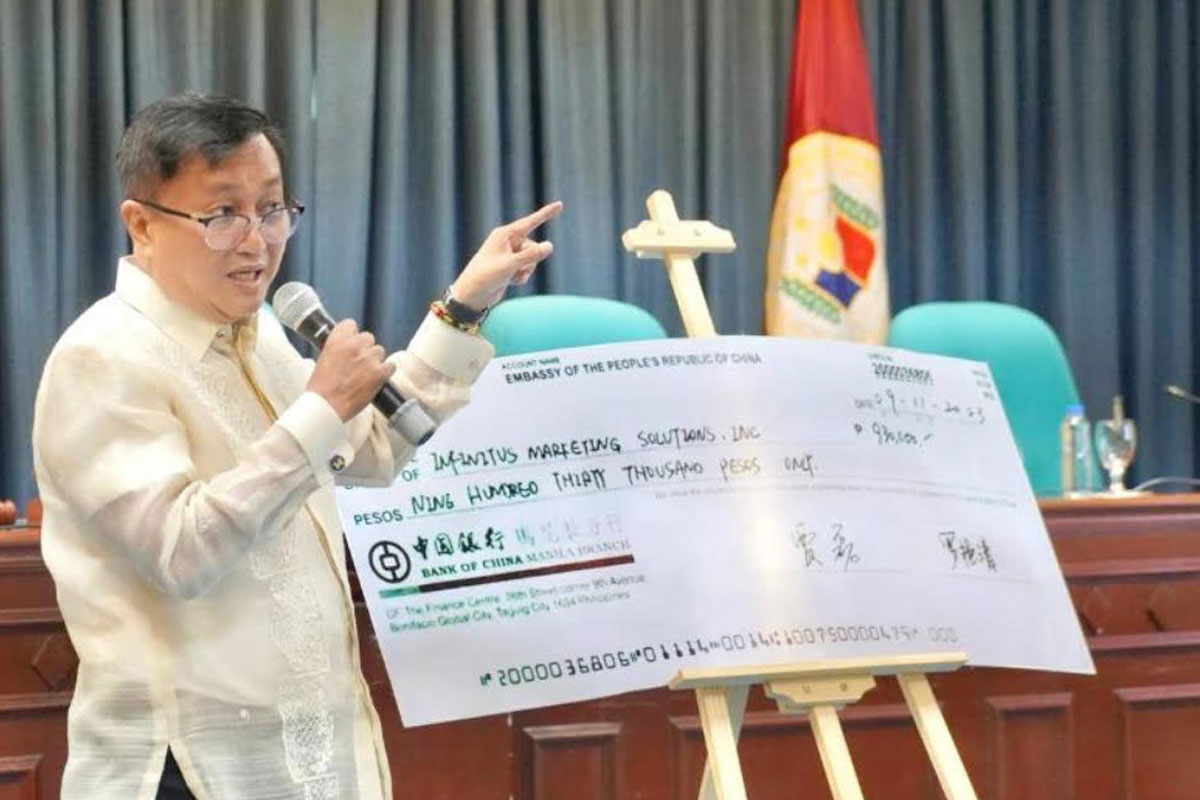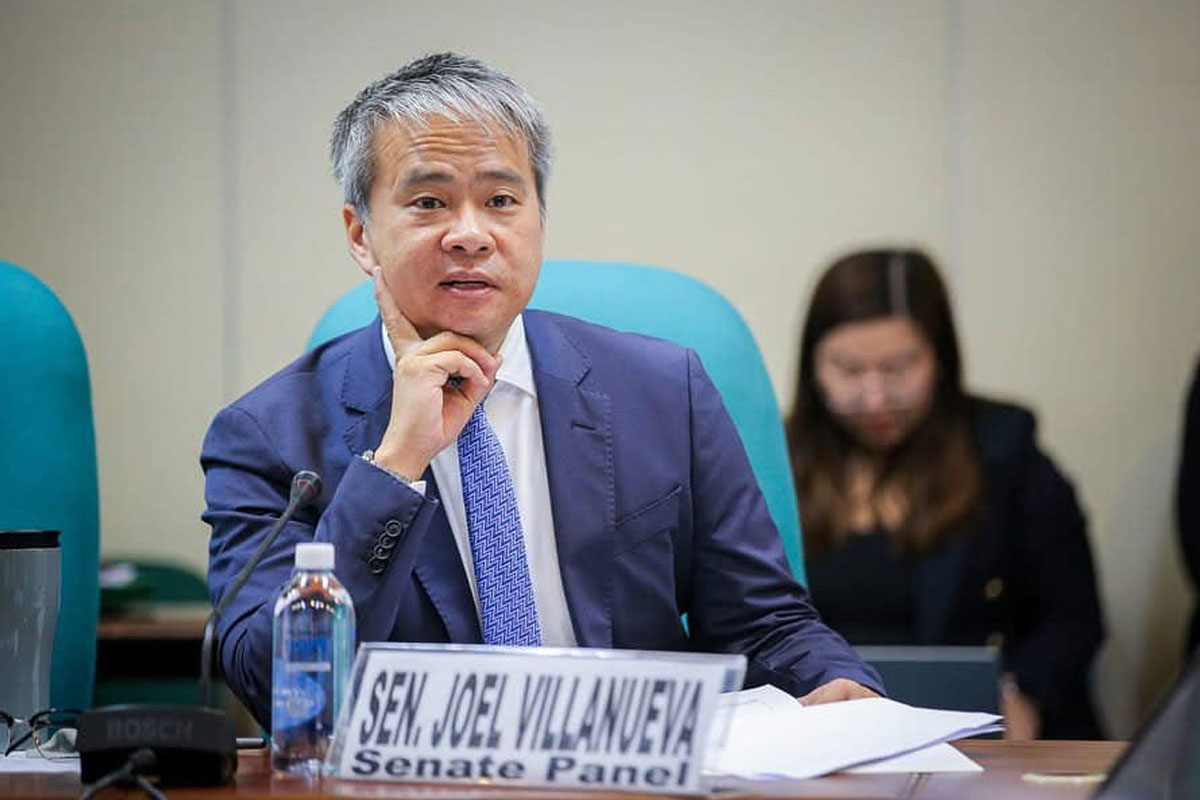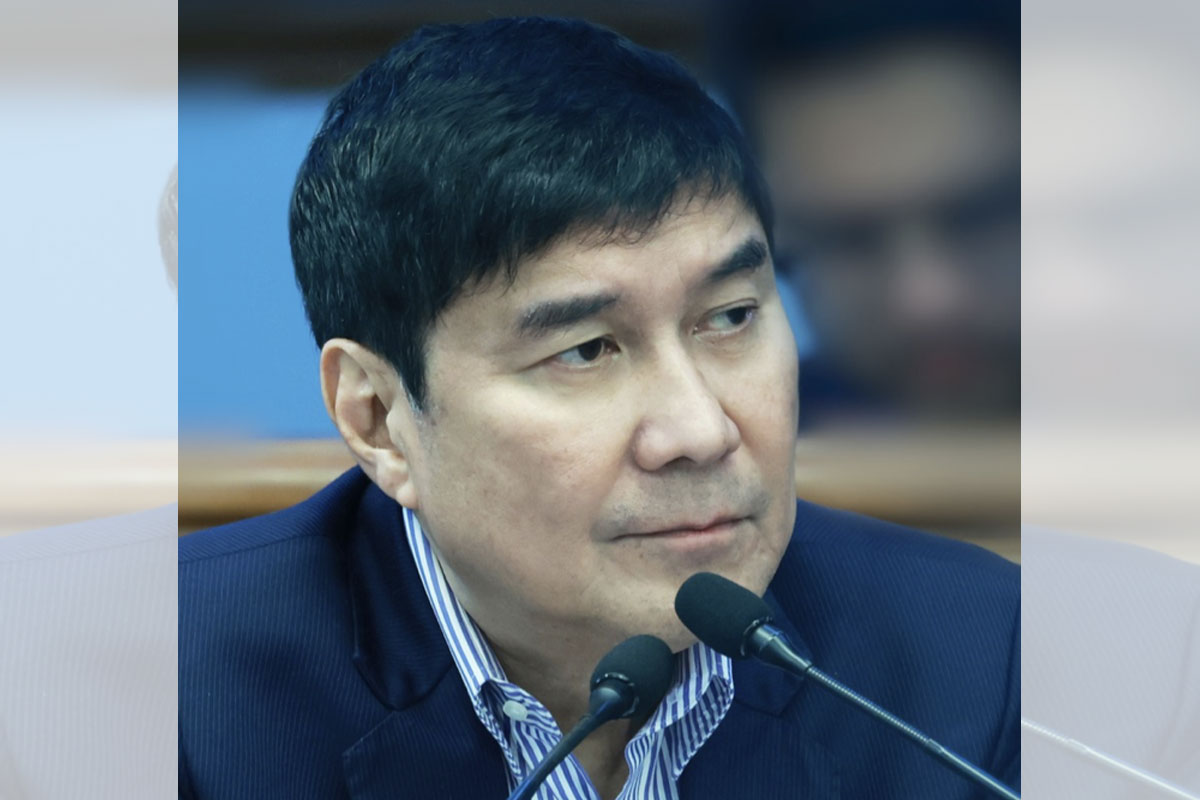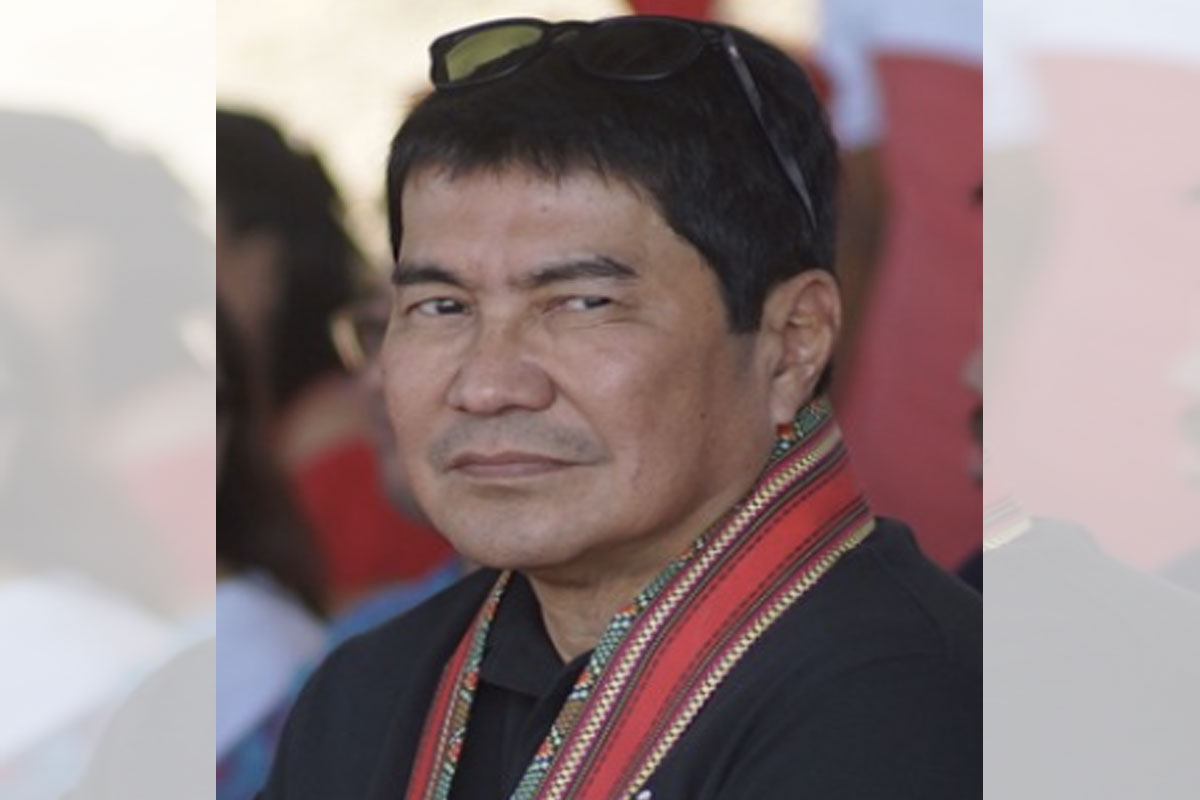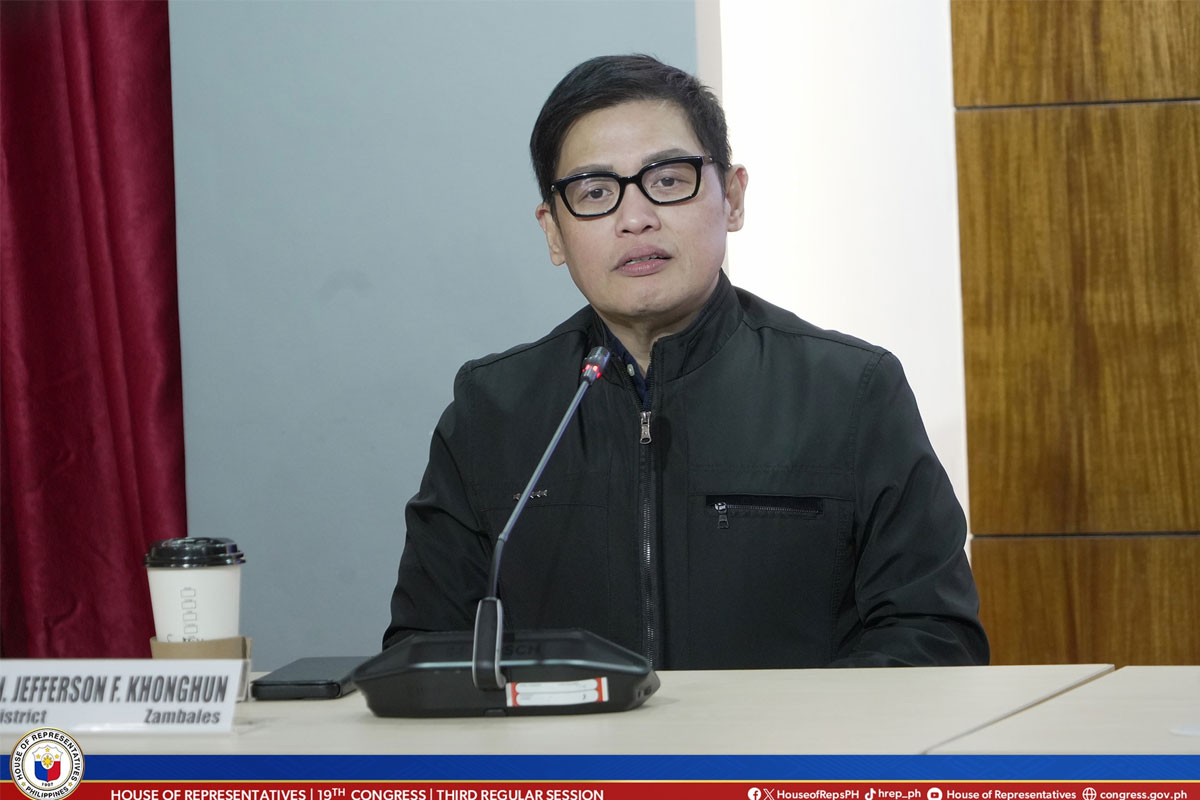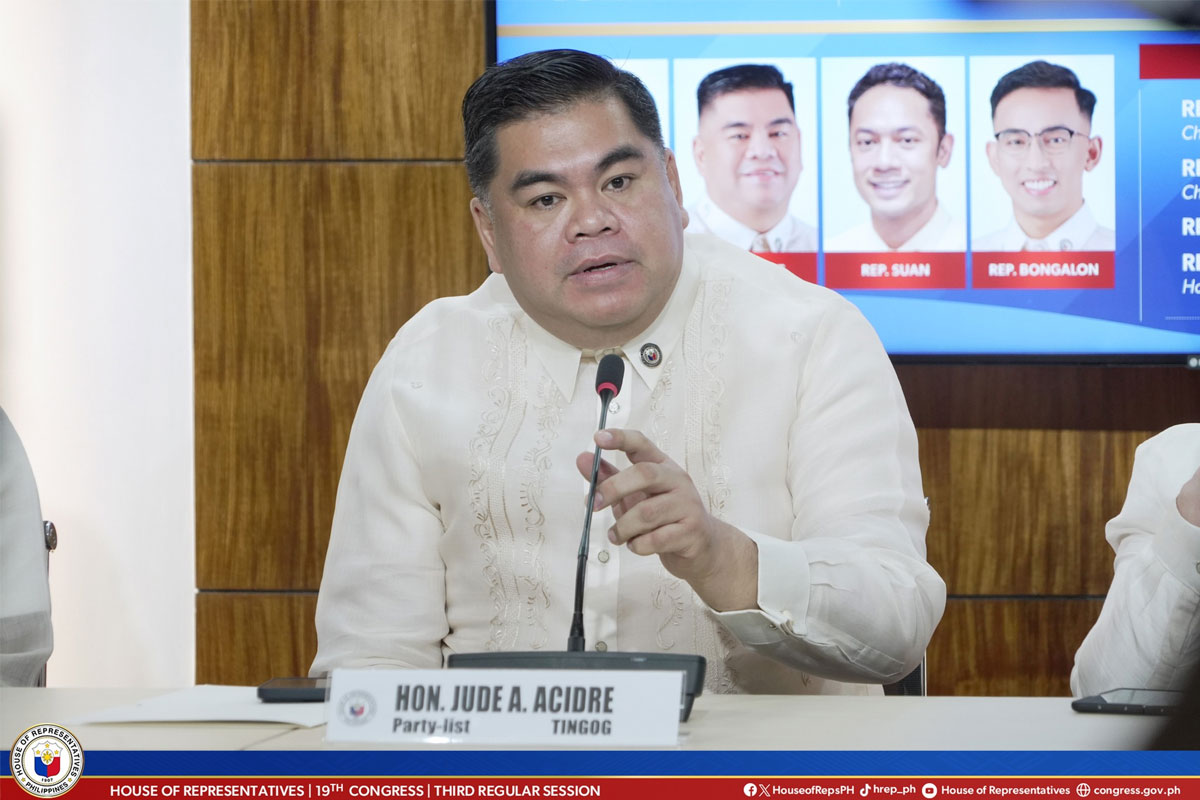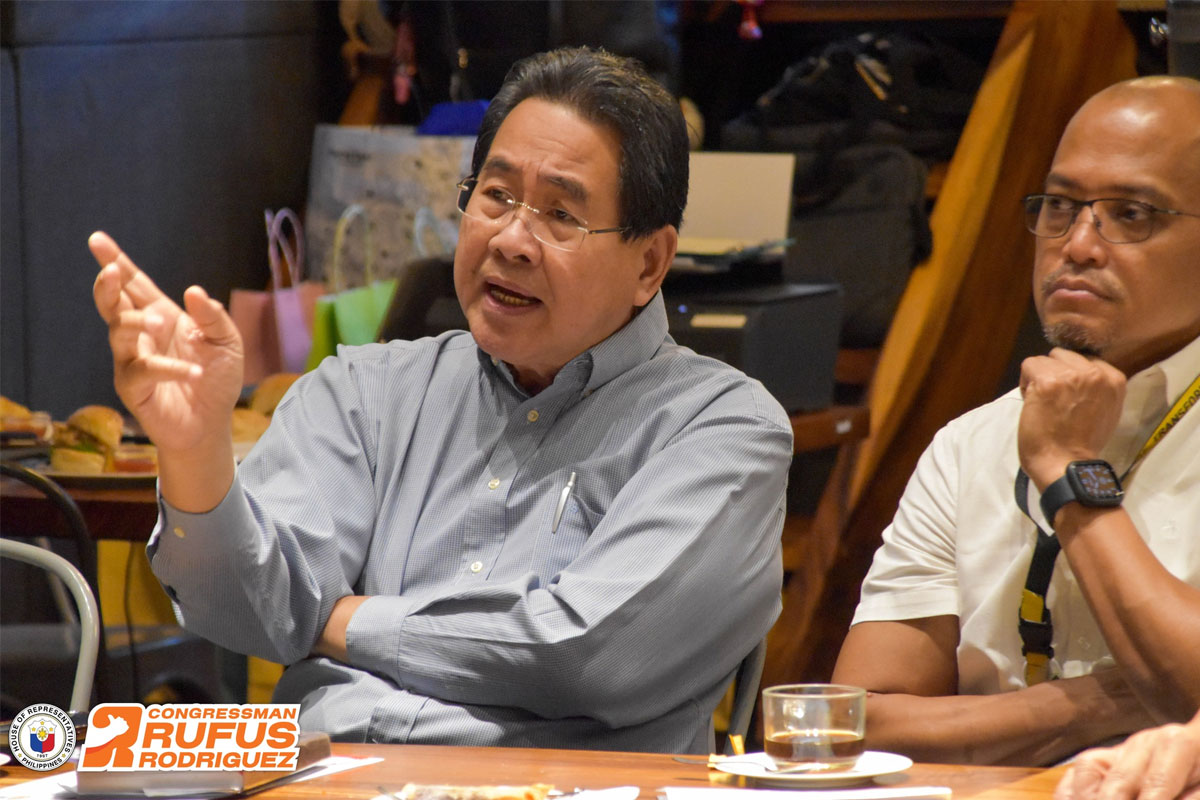
TIKTOK, GOOGLE SNUB SENATE
SENATOR Risa Hontiveros expressed strong disappointment over the absence of tech giants Google and TikTok during a Senate Committee on Women hearing on Online Sexual Abuse and Exploitation of Children (OSAEC) and Child Sexual Abuse or Exploitation Materials (CSAEM).
The hearing, held on March 4, sought updates on the implementation of the anti-OSAEC-CSAEM law and the roles of tech companies in preventing these crimes. Only Meta was represented in the session, while TikTok and Google opted out, citing logistical and procedural concerns.
According to the committee secretary, Google requested a pre-hearing meeting as a “prerequisite” to attend, a condition that Senator Hontiveros found unprecedented.
“Ngayon lang ako nakarinig ng ganyang prerequisite o kondisyon,” the senator said. “This is a very disappointing communication and absence on the part of Google.”
TikTok, on the other hand, claimed their representative was unavailable due to being based abroad, promising instead to submit a position paper.
Hontiveros noted that this excuse fell short, especially since remote participation was possible—something Meta had managed.
The senator emphasized the importance of collaboration across sectors.
“Kung magagawa ng ibang private sector group, pwede rin nilang gawin,” she said, urging TikTok and Google to show more effort and accountability in future hearings.
One of the hearing’s highlights was the testimony of “Alias Ruby,” a survivor who shared how she was lured into online sexual exploitation via Facebook Messenger at age 16.
Her story, which included months of confinement and threats of violence, exposed the disturbing efficiency of digital platforms in enabling trafficking.
“Kung may kortina ka lang, may madilim ka lang na place, may internet, may camera, may phone, andun na, possible na yung crime,” Ruby said, noting how technological accessibility has made these crimes easier to commit and harder to detect.
Now a survivor leader and advocate, Ruby called on tech firms and authorities to act swiftly, stressing that silence enables abusers.
Hontiveros echoed this urgency, saying that patterns have shifted—with more recent perpetrators reportedly being parents or guardians.
With calls growing louder for transparency and concrete action from tech platforms, the committee awaits the official position papers from Google and TikTok, and is set to continue its investigation into how digital systems can either protect—or endanger—the country’s children.



